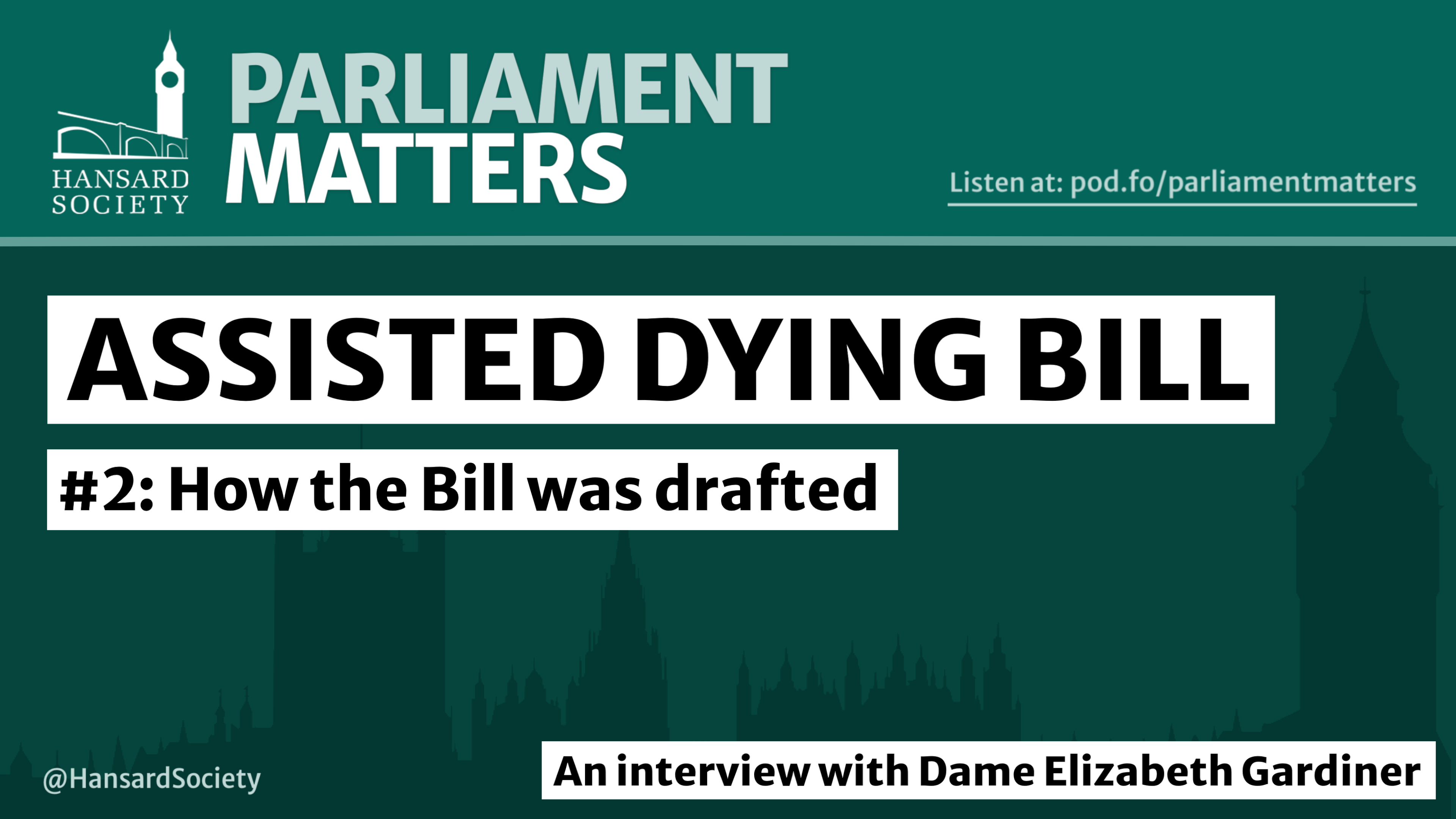News / Is being Prime Minister an impossible job? - Parliament Matters podcast, Episode 121
Why do UK Prime Ministers seem to burn out so quickly? We are joined by historian Robert Saunders to examine why the role has become so punishing in recent years. From Brexit and COVID to fractured parties, rigid governing conventions and relentless media scrutiny, the discussion explores what has gone wrong – and what kind of leadership and political culture might be needed to make the job survivable again.

